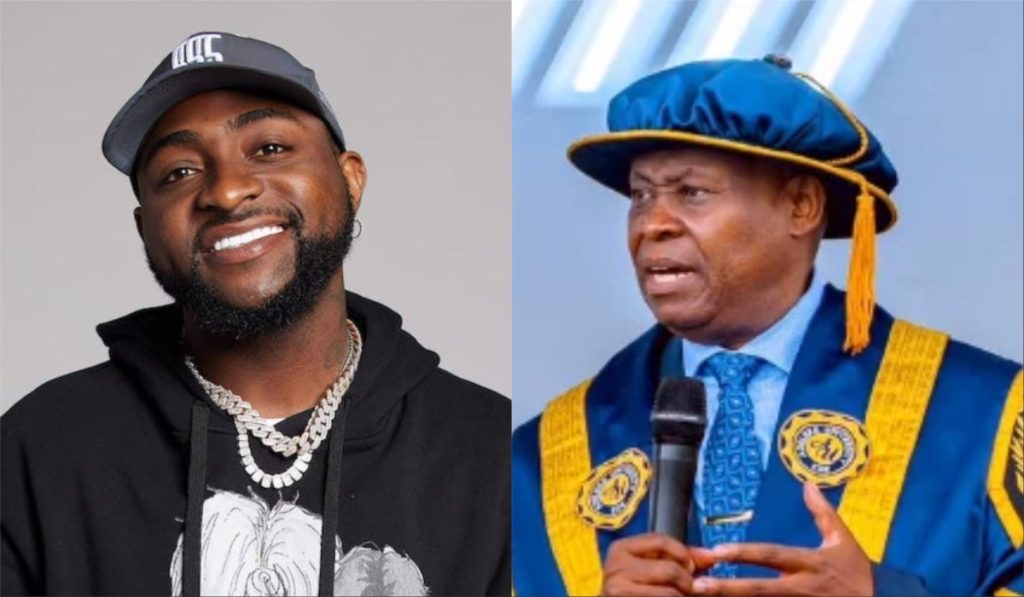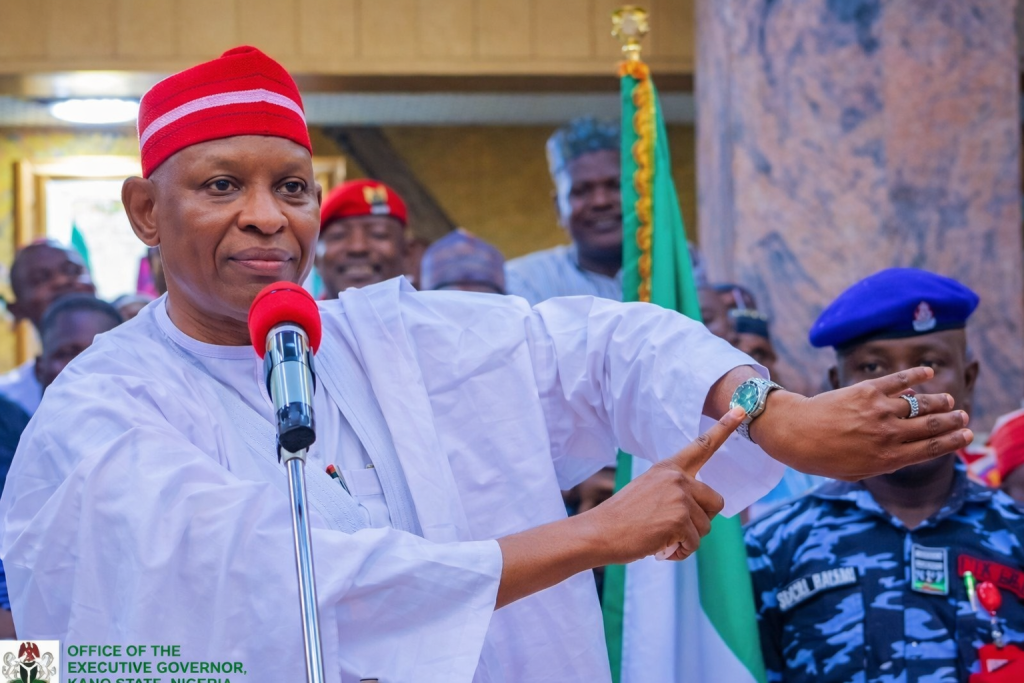Six months after the Economic Community of West African States (ECOWAS) Court in Abuja delivered a significant judgment favoring media freedom in Nigeria, the Nigerian government has made no moves to enforce the court’s directives. This revelation was made by Solomon Okedara, the legal counsel for the plaintiff, who expressed concerns over the lack of action.
The ECOWAS Court’s decision on October 23, 2023, addressed the lawsuit filed by the Initiative against the Nigerian Broadcasting Code. The applicant argued that the code’s provisions, particularly those related to sanctions and fines, unduly restricted media freedom and free speech, often without fair hearings for the affected broadcast stations.
Despite the court giving a six-month deadline for compliance, Okedara highlighted that as of May 2024, the Nigerian government has neither filed any compliance report nor responded to reminders sent by his office to the Attorney-General of the Federation. This inaction raises questions about the potential implementation of the court’s orders.
The contested provisions in the Nigerian Broadcasting Code include ambiguities that, according to the ECOWAS Court, could potentially suppress the right to freedom of expression. The court mandated that these provisions be amended to align with Nigeria’s obligations under Article 1 of the African Charter on Human and Peoples’ Rights (ACHPR) and called for an end to their enforcement until such amendments were made.
As the situation unfolds, there is growing concern among media professionals and advocates for free speech regarding the future of media freedom in Nigeria. The lack of response from the government’s side, as noted by the President’s Special Adviser on Communication and Publicity, adds another layer of uncertainty about the commitment to upholding the ECOWAS Court’s ruling.



